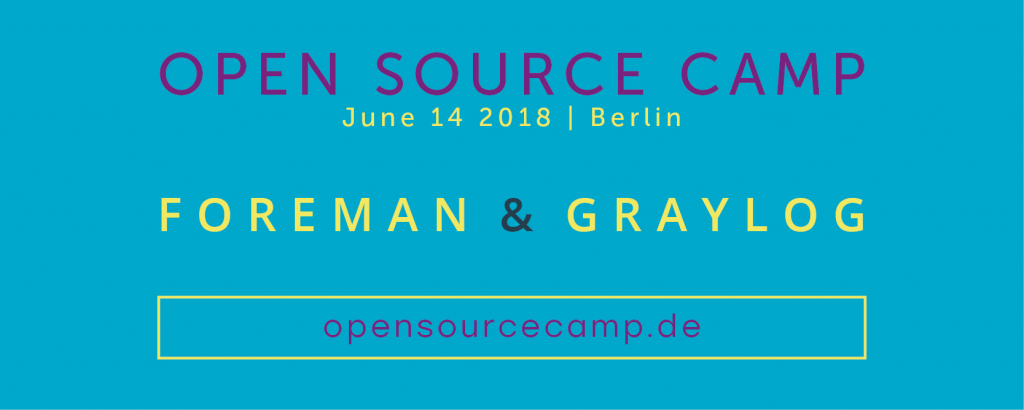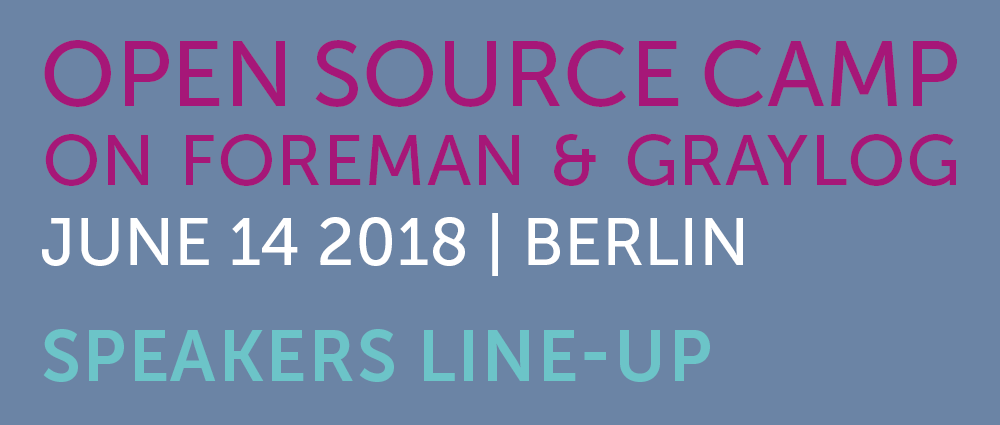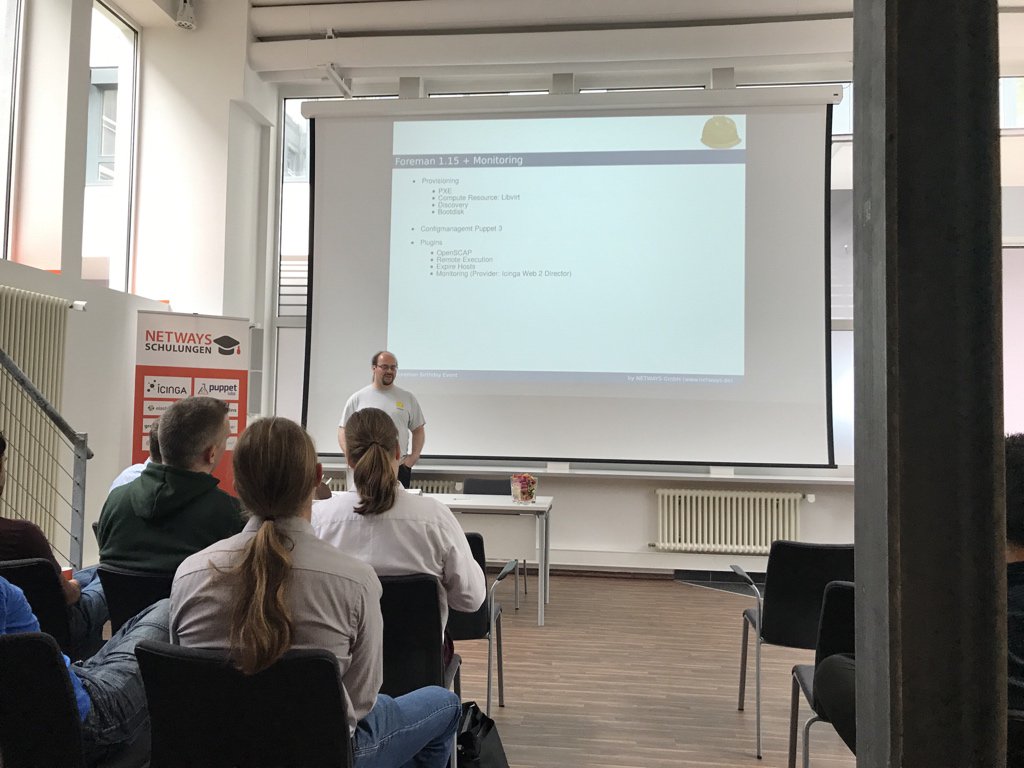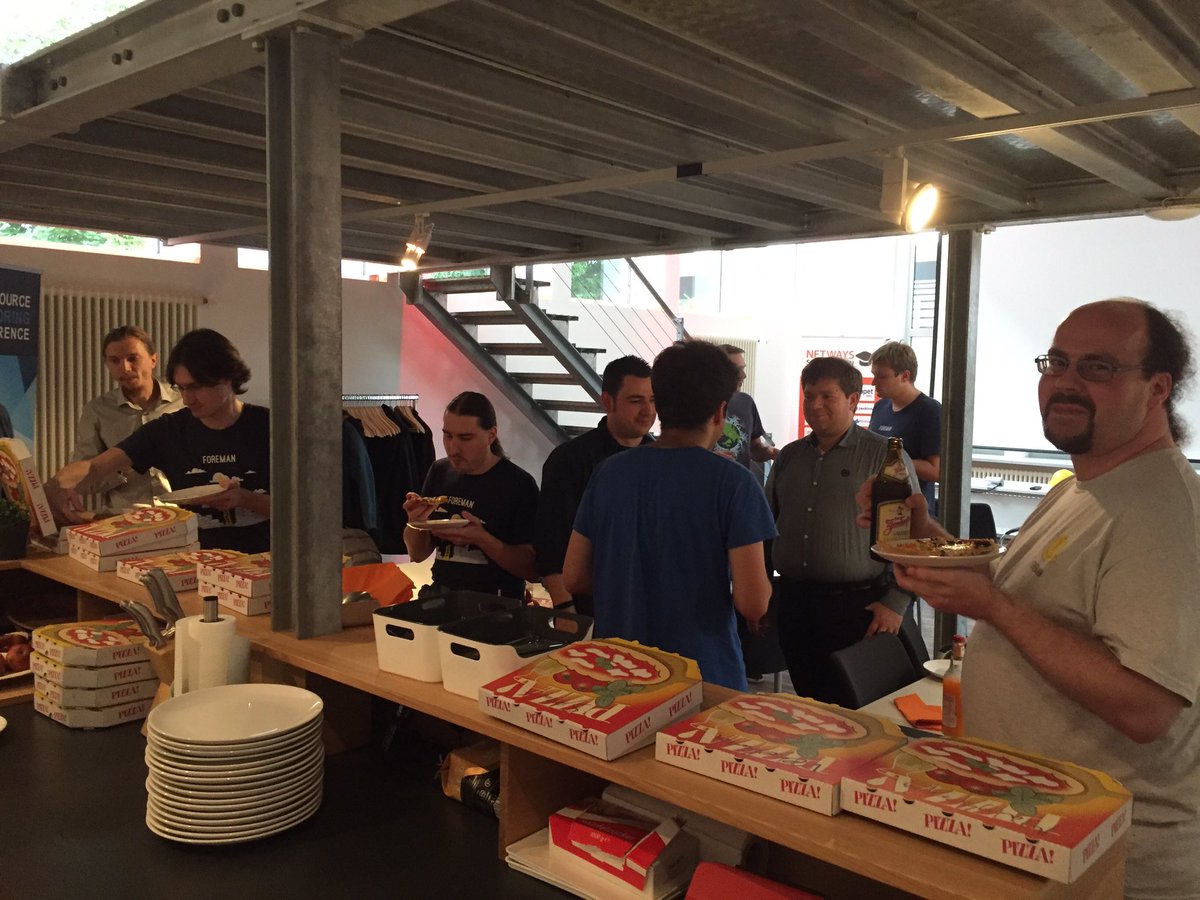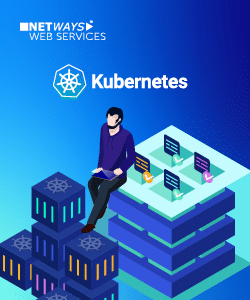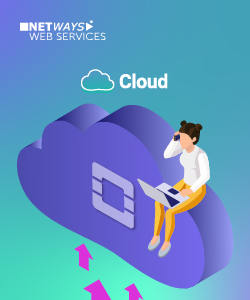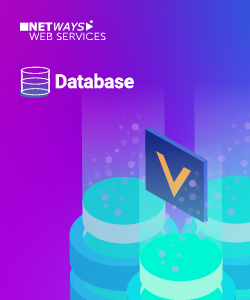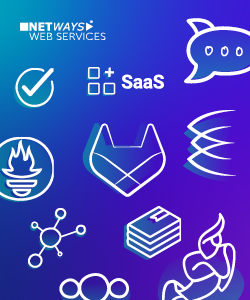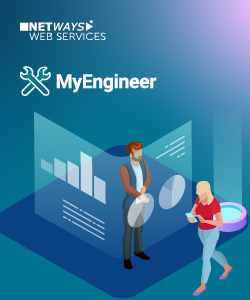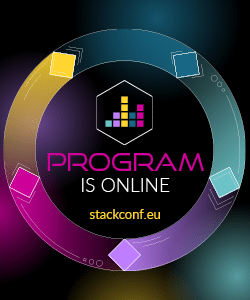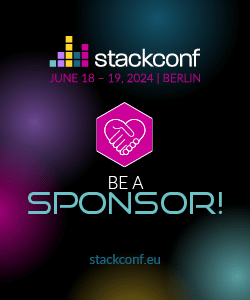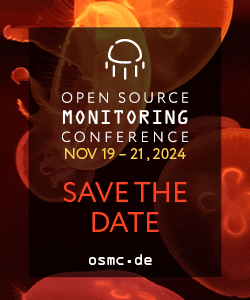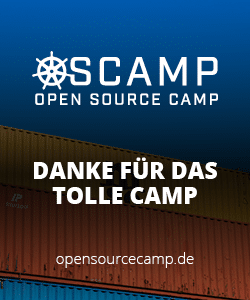The evening event was a great success. While some enjoyed the great view from the Puro Skybar, others liked the food and drinks even more and at least I preferred the networking. I joined some very interesting discussions about very specific Information Technology tools, work life balance, differences between countries and cultures and so on. So thanks to all starting with our event team to the attendees for a great evening.
But also a great evening and a short night did not keep me and many others from joining Walter Gildersleeve for the first talk about „Puppet and the Road to Pervasive Automation“. He introduced the new tools from Puppet to improve the Configuration management experience like Puppet Discovery, Pipelines and Tasks. What I liked about his demos about Tasks was that he was showing of course what the Enterprise version could do, but also what the Open Source version is capable of. Pipelines is Puppet’s CI/CD solution which can be used as SaaS or on premise and at least I have to commit it looks very nice and informative. If you want to give it a try, you can sign up for a free account and test it with a limited number of nodes.
Second one today was Matt Jarvis with his talk „From batch to pipelines – why Apache Mesos and DC/OS are a solution for emerging patterns in data processing“. Like several others he started with the history from mainframes via hardware partitioning and virtualization to microservices running in containers. After this introduction he started to dig deeper into Container Orchestration and changes in modern application design which add complexity which they wanted to solve with Mesos. Matt then has given a really good overview on different aspects of the Mesos ecosystem and DC/OS. This being quite a complex topic a list of all the topics covered would be quite exhaustive list, but just to mention some he covered Service Discovery or Load Balancing for example.
Michael Ströder who I know as great specialist for secure authentication by working with him at one customer in the past introduced „Æ-DIR — Authorized Entities Directory“ to the crowd. You already could see his experience when he was talking about goals and paradigms applied during development which resulted in the 2-tier architecture of Æ-DIR consisting of a writable provider and readable consumer with separated access based on roles. Installation is quite easy with a provided Ansible role and results in a very secure setup which I really like for central service like Authentication. The shown customer scenarios using features like SSH proxy authz and two factor authentication with Yuibkey make Æ-DIR sound like a really production ready solution. If you want to have a look into without installing it, a demo is provided on the projects webpage.
First talk after lunch was „Git Things Done With GitLab!“ by my colleagues Gabriel Hartmann and Nicole Lang about Gitlab and why it was chosen by NETWAYS for inclusion in our Webservices. Nicole gave a very good explanation about basic function which Gabriel showed live in a demo followed by a cherry pick of nice features provided by Gitlab. Also these features like Issue tracker and CI/CD were shown live. I was really excited by the beta of AutoDevops which allows you to get CI/CD up and running very easy.
Thomas Fricke’s talk „Three Years Running Containers with Kubernetes in Production“ was a very good talk about things you should know before moving container and container orchestration into production. But while it was a interesting talk I had to prepare for my own because I was giving the last talk of the day about „Katello: Adding content management to Foreman“ which was primarily demos showing all the basic parts.
It was a great conference again this year, I really want to thank all the speakers, attendees and sponsors who made this possible. I am looking forward for more interesting and even more technical talks at the Open Source Camp tomorrow, but wish save travels to all those leaving today and hope to see you next year on May 14-15.

